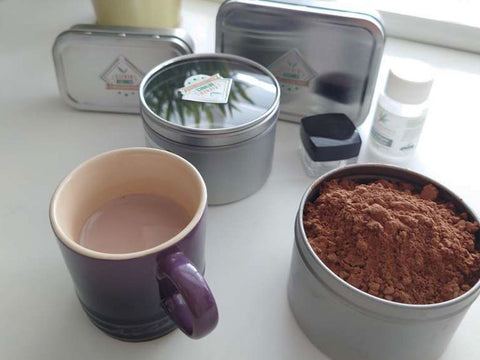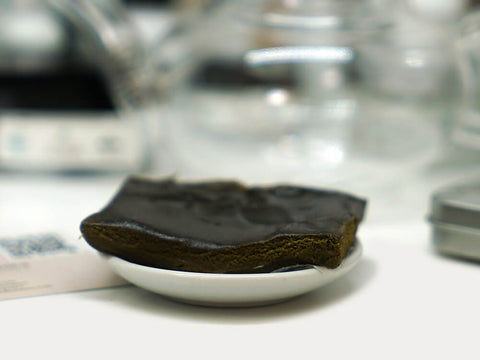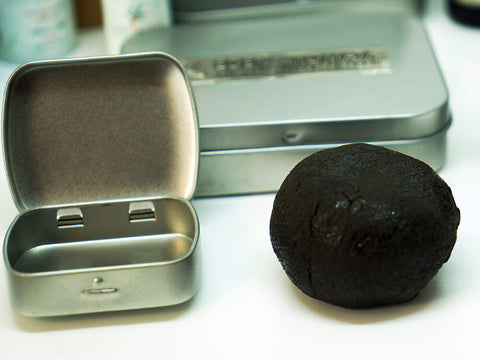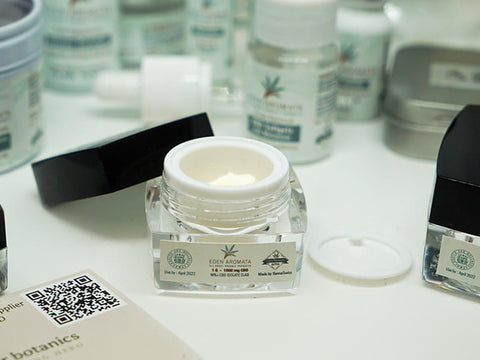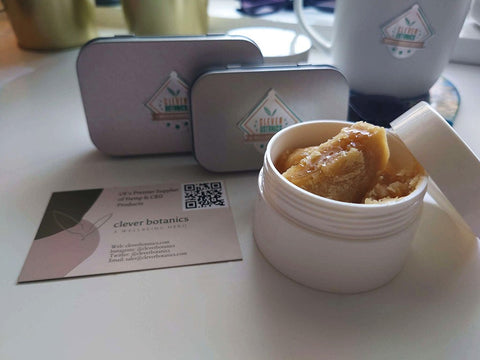Cannabidiol (CBD): The Natural Remedy You've Been Waiting For
Cannabidiol, or CBD for short, has been making waves in the health and wellness world due to its potential therapeutic benefits. Despite being derived from the same plant as marijuana, CBD does not produce the psychoactive effects commonly associated with THC.
As more and more research is conducted on CBD, it's becoming increasingly clear that this compound may have a wide range of applications, from reducing anxiety to relieving pain. In this presentation, we'll take a closer look at what CBD is, how it works, and the potential benefits it may offer.
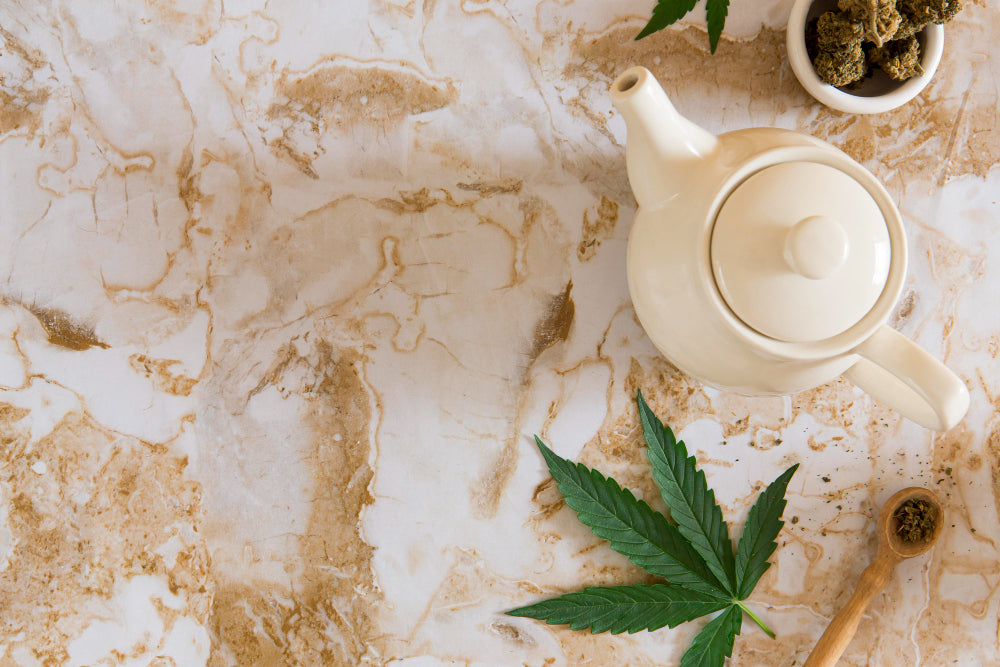
Cannabidiol vsTetrahydrocannabinol: similarities and differences
Cannabidiol (CBD) and tetrahydrocannabinol (THC) are two of the most well-known compounds found in the cannabis plant. Although they share some similarities, there are also important differences between the two.
One of the main differences is that THC is psychoactive, meaning it can produce a high or altered state of consciousness. CBD, on the other hand, is non-psychoactive and does not produce any intoxicating effects.
Differences between CBD and THC
Cannabidiol (CBD) and tetrahydrocannabinol (THC) are two of the most well-known compounds found in cannabis. While they share some similarities, there are also significant differences between the two.
One key difference is that THC is psychoactive, meaning it can produce a high or altered state of mind. CBD, on the other hand, is non-psychoactive and does not produce these effects. This makes CBD a popular choice for those who want the potential therapeutic benefits of cannabis without the intoxicating effects.

Understanding Cannabidiol (CBD)
-
Origin and Extraction: CBD is one of over 100 compounds known as cannabinoids found in the cannabis plant. It can be extracted from both marijuana and hemp, although hemp is the primary source due to its lower THC content.
-
Non-Psychoactive: Unlike THC, CBD does not produce a "high" or altered state of consciousness. This makes it an attractive option for those seeking the potential therapeutic benefits of cannabis without the psychoactive effects.
How CBD Works
-
Endocannabinoid System (ECS): CBD interacts with the body's endocannabinoid system, a complex network of receptors and enzymes that play a crucial role in maintaining homeostasis. This system regulates various processes, including pain sensation, mood, sleep, and immune function.
-
Receptor Interaction: CBD interacts primarily with two types of receptors in the ECS: CB1 and CB2 receptors. While THC binds directly to these receptors, CBD modulates them indirectly, affecting their activity. This modulation may explain many of its potential health benefits.
Potential Health Benefits
-
Pain Relief: CBD has been studied for its analgesic properties and may offer relief from chronic pain conditions, including arthritis and neuropathic pain.
-
Anxiety and Depression: Some research suggests that CBD may have anxiolytic and antidepressant effects, potentially helping individuals with anxiety disorders and depression.
-
Epilepsy: Epidiolex, a prescription medication containing CBD, has been approved by the FDA for the treatment of certain forms of epilepsy, such as Dravet syndrome and Lennox-Gastaut syndrome.
-
Neuroprotective Properties: CBD's antioxidant and anti-inflammatory properties have led to investigations into its potential for neuroprotection in conditions like Alzheimer's disease and multiple sclerosis.
-
Anti-Inflammatory Effects: CBD may reduce inflammation, making it a promising option for conditions associated with chronic inflammation, such as inflammatory bowel disease (IBD).
-
Sleep: Some users report improved sleep quality when using CBD, although more research is needed in this area.
-
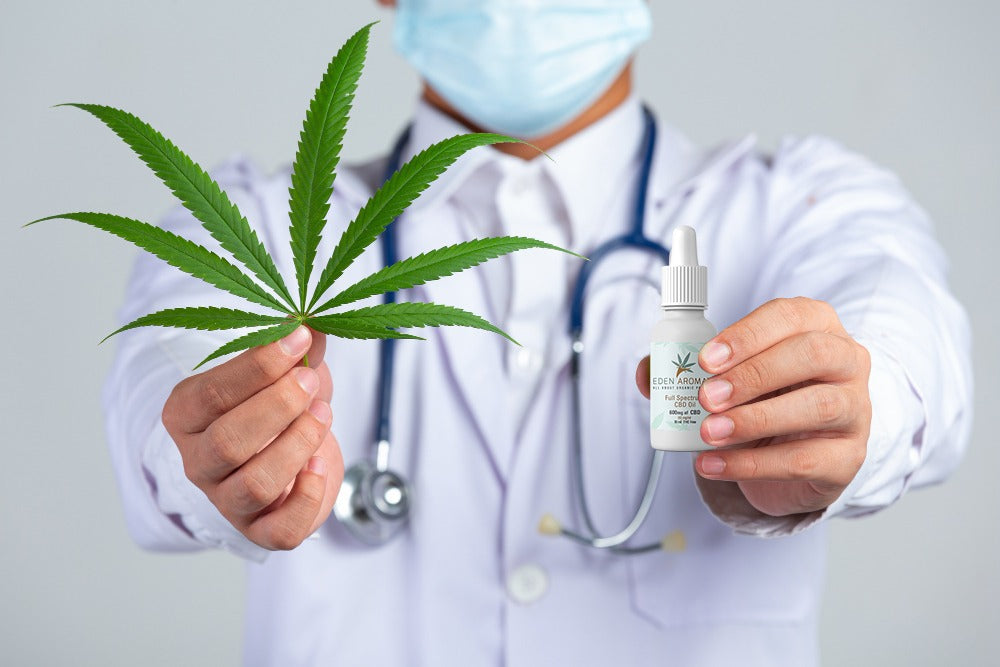
CBD Products
CBD products come in many forms, including oils, capsules, and topicals. Each type has its own unique benefits and uses. For example, CBD oil is often used for pain relief and anxiety reduction, while CBD topicals are commonly used for localized pain and inflammation.
When choosing a CBD product, it's important to look for high-quality brands that use third-party testing to ensure purity and potency. Look for products that have clear labeling and provide information about the source of the CBD and the extraction method used.
Conclusion
In conclusion, CBD has become increasingly popular due to its potential therapeutic benefits. Research suggests that it may be effective in reducing pain, anxiety, and improving sleep. However, it is important to note that more research is needed to fully understand the effects of CBD on the body. It is also important to consult with a healthcare professional before using CBD, as it may interact with certain medications.
While there is still much to learn about CBD, it is clear that it has the potential to offer significant benefits for those seeking alternative forms of treatment. By doing your own research and consulting with a healthcare professional, you can make an informed decision about whether CBD is right for you.









